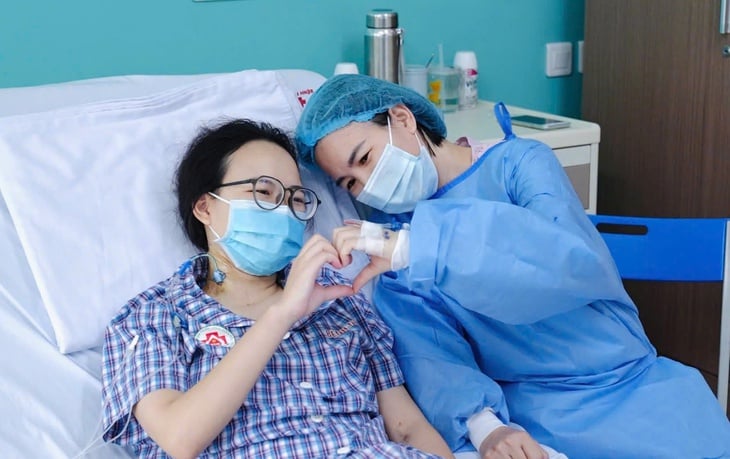
Mother and daughter Th. met again a week after the successful liver transplant - Photo: BVCC
This is the second blood-type incompatible liver transplant performed at 108 Military Central Hospital.
Overcoming blood type barriers
In March 2023, H. (17 years old) was diagnosed with a liver tumor and a ruptured tumor complication, requiring emergency surgery at the provincial level. After that, he was transferred to the National Children's Hospital for two embolization interventions.
However, the condition did not improve. In April 2025, H. continued to undergo a third embolization intervention at the 108 Military Central Hospital, but the liver tumors continued to grow rapidly, threatening his life.
H.'s only chance to live was a liver transplant. H.'s mother, Th., decided to donate her liver to her daughter.
However, the difficulty of this transplant is that the mother and child do not have the same blood type (child type O, mother type B). According to doctors, liver transplantation with incompatible blood types is a major medical challenge because of the high risk of rejection. To overcome this barrier, the patient must be carefully prepared before the transplant.
Doctor Nguyen Hoang Ngoc Anh, Department of Hepatobiliary-Pancreatic Surgery, 108 Central Military Hospital, said: "Before the transplant, the patient's antibody titer was adjusted and desensitized with the immunosuppressant drug Rituximab, combined with plasma exchange 3 times. When the antibody titer reached 1/8, the safe threshold, we performed the liver transplant."
On the morning of October 7, in the surgery waiting room, Ms. Th. held her daughter's hand: "After this time, you will be completely cured, and you will be able to return to normal life. Let's try together." Those gentle words became a source of strength for H. to enter the 8-hour surgery.
The transplant was successful. After a week, both the donor and recipient were in stable health. Ms. Th. was discharged from the hospital, while H. recovered well, and the transplanted liver functioned normally.
Opening up treatment opportunities for many patients
According to doctors, the increase in the demand for organ transplants has raised the issue of increasing the source of donated organs. Some measures have been taken such as expanding the criteria for organ donation, donating organs from donors in cardiac arrest, using extracorporeal perfusion devices to preserve and restore organ function before transplantation, and donating organs from ABO-incompatible donors.
Previously, organ transplantation from ABO-incompatible living donors, including liver transplantation, was a contraindication due to the high risk of graft rejection.
However, recent advances in immunomodulatory therapies have broken the barrier of ABO blood group compatibility, thereby increasing the availability of organ donations for patients.
Currently, in some countries such as Japan, Korea... liver transplantation from ABO-incompatible living donors is no longer a contraindication but has become a routine treatment method, with post-transplant results said to be equivalent to those of blood-type compatible transplants.
In Vietnam, organ transplantation from ABO-incompatible blood sources has been performed on kidney transplant patients and on liver transplant groups in children, but has not yet been performed in liver transplantation in adults.
Although adult immunity is more complex than in children and the number of liver transplant patients is increasing, the supply of donated livers is limited, so the implementation of allogeneic liver transplantation helps increase the chance of survival for those needing liver transplants.
Source: https://tuoitre.vn/me-khong-cung-nhom-mau-van-co-the-hien-gan-cuu-con-gai-17-tuoi-20251016170400316.htm







![[Photo] Urgently help people soon have a place to live and stabilize their lives](/_next/image?url=https%3A%2F%2Fvphoto.vietnam.vn%2Fthumb%2F1200x675%2Fvietnam%2Fresource%2FIMAGE%2F2025%2F12%2F09%2F1765248230297_c-jpg.webp&w=3840&q=75)
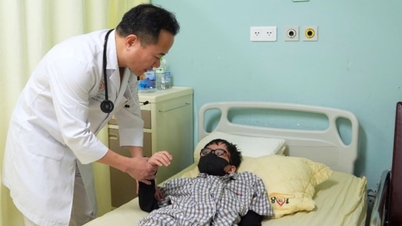
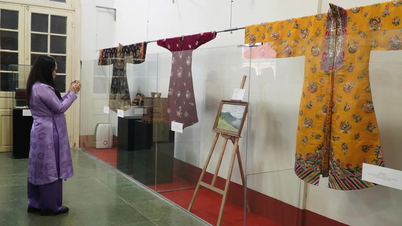

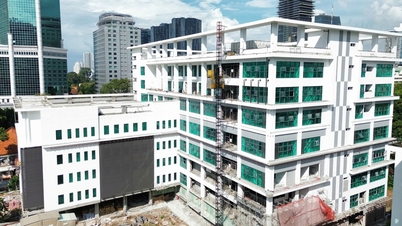
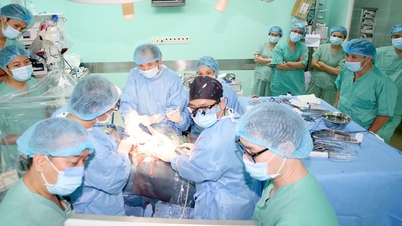

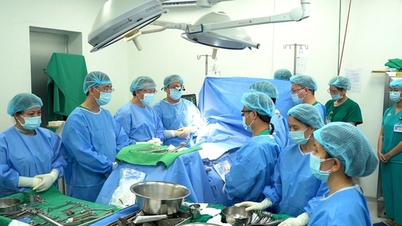

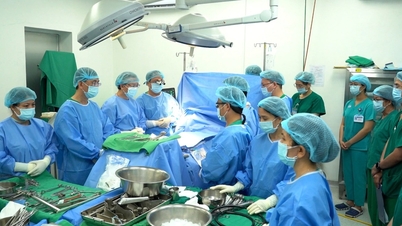






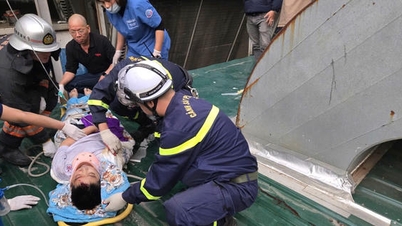

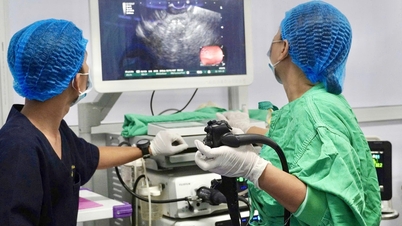








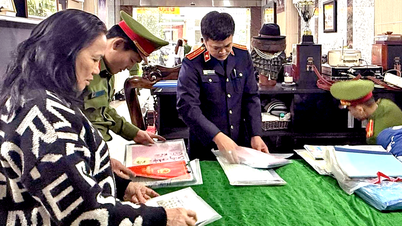






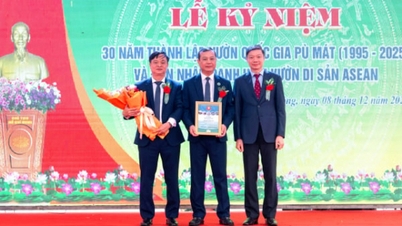



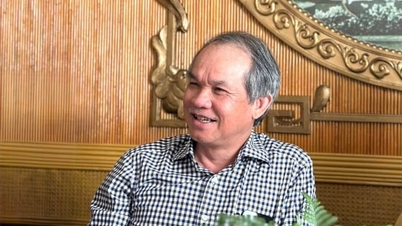


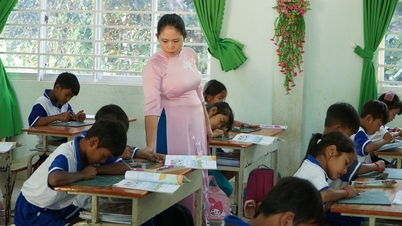
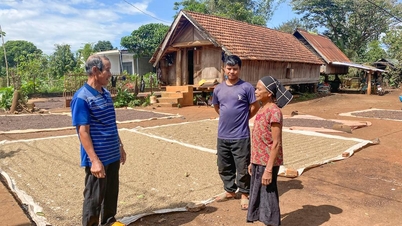






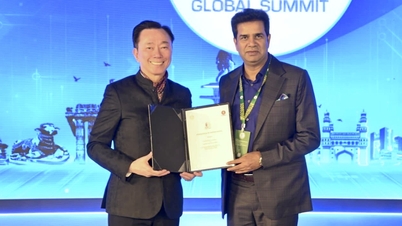

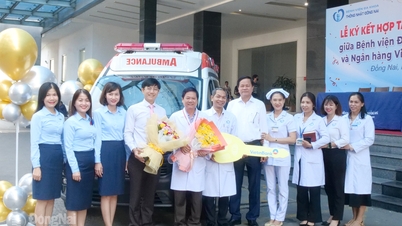




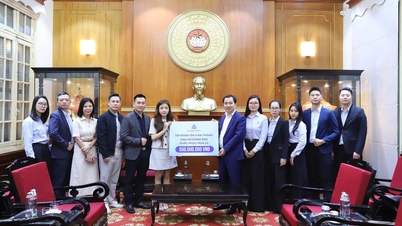










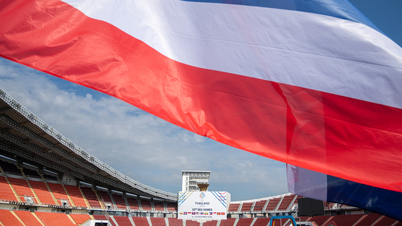
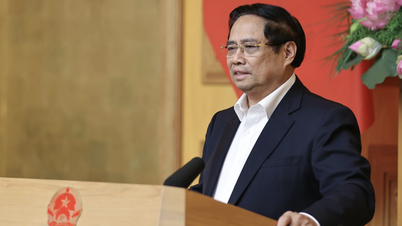
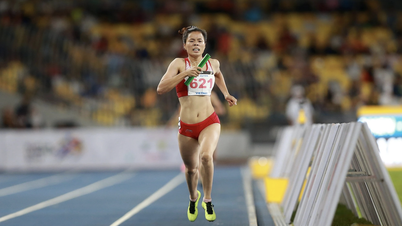

![[Photo] General Secretary To Lam works with the Standing Committees of the 14th Party Congress Subcommittees](https://vphoto.vietnam.vn/thumb/402x226/vietnam/resource/IMAGE/2025/12/09/1765265023554_image.jpeg)







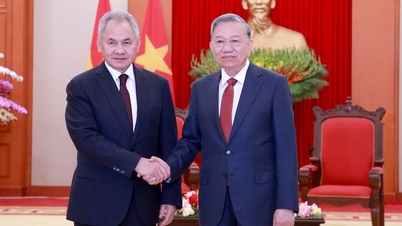



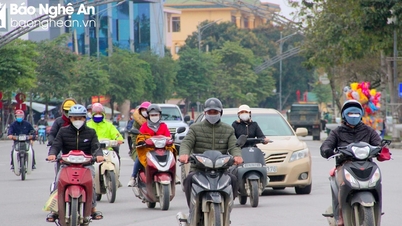



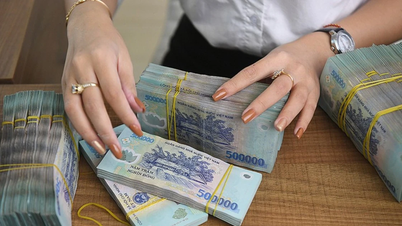


















Comment (0)